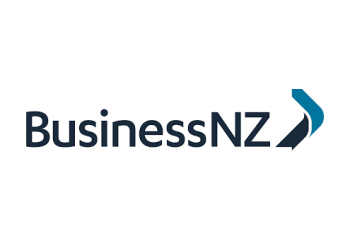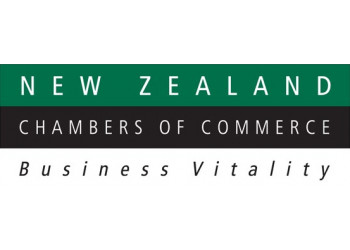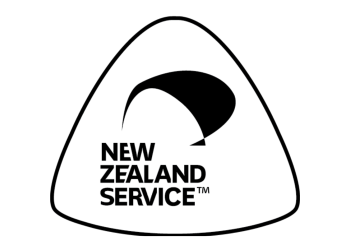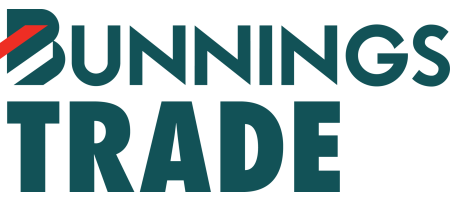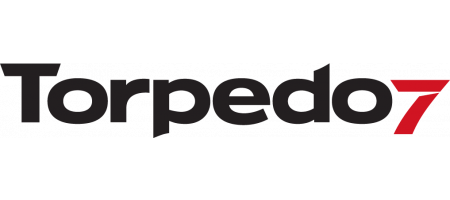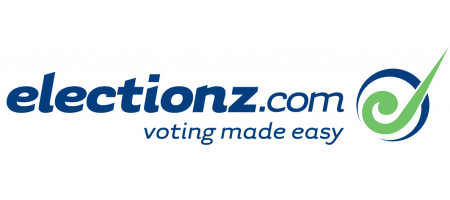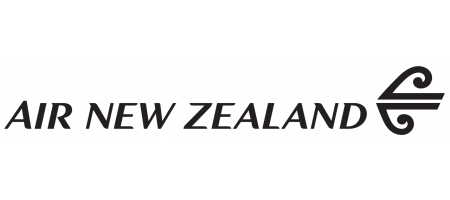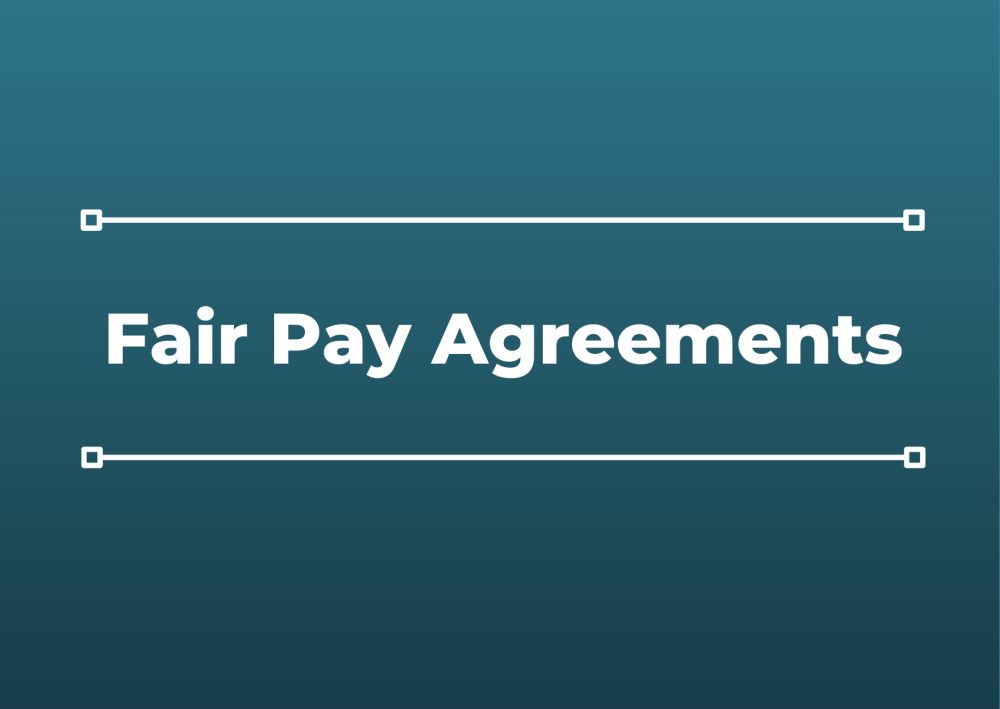
News
Applications to Initiate Bargaining for an FPA
Ten applications to initiate bargaining for a Fair Pay agreement have been lodged to date. Details can be found on the MBIE FPA Dashboard.
Three of the ten claims have subsequently been withdrawn (two bus drivers claims from the Amalgamated Workers Union, and one claim for Stevedoring Services from the Maritime Union of NZ). Of the remaining seven, five have been approved by MBIE. They are:
- Rural and Urban Bus Drivers and cleaners (First Union), Approval: 27/3/23
- Hospitality sector – (Unite Union), Approval: 29/5/23
- Security Guards (First Union), Approval: 29/5/23
- Commercial Cleaners (E-Tu and First Union), Approval: 19/6/23
- Early Childhood Education (NZEI), Approval: 19/6/23
Awaiting approval are claims for
- Supermarkets and groceries (First Union)
- Waterside Workers (MUNZ)
Bargaining for an FPA cannot begin until 3 months after the application to initiate bargaining has been approved by MBIE. Currently, this means bargaining cannot start for the drivers claim before the end of June 2023. Bargaining for the Hospitality and Security sectors cannot start before the end of August 2023, and bargaining cannot start for Commercial Cleaners and Early Childhood Workers before mid-September 2023.
Process From Here
The next step is for the initiating union to begin notifying relevant industry organisations, employers and other unions in so bargaining sides can be formed. Employers will be required to provide unions involved with contact details of all covered employees so that they can be consulted before and during bargaining.
Only industry organisations can be a party to bargaining for an FPA. Individual companies cannot. Industry organisations that wish to be a party must now apply to MBIE to be approved as a bargaining party.
The key criteria for approval are that the organisation must,
- Be an incorporated societies under the Incorporated Societies Act (1908 or 2022)
- have at least one member covered by the bargaining for an FPA
- have a constitution that permits representation of members and non-members in collective bargaining.
Many industry organisations have constitutions that will require amendment (usually via a General Meeting of the organisation) before they are eligible for approval as a bargaining party.
Given the size and complexity of this initiation process, it is likely to be many months before bargaining gets properly under way.
Bargaining parties and selecting the bargaining team
There is no limit to the number of employer organisations that may be a Bargaining Party to the bargaining for an FPA.
Collectively the bargaining parties constitute the Bargaining Side, which must then appoint a lead advocate and draw up an inter party agreement. No one bargaining party can pre-empt leadership of the Bargaining Side or the bargaining process. It is a collective body.
The Bargaining Side will appoint those individuals who (under the chairpersonship of the lead advocate) will be the team negotiating “at the table” on behalf of all covered employers (the “bargaining team”). The Bargaining Side can appoint anyone to the bargaining team it deems competent to represent covered employers.
Individual companies cannot be bargaining parties and therefore cannot participate directly in the process. However, they can be invited by the Bargaining Side to be involved, either to advise the Bargaining Side or to be “at the table” as part of the bargaining team.
Why be a bargaining party?
The Bargaining Side (i.e., the collective group of approved bargaining parties) will be the body that makes the key decisions about what employers will seek or agree to in bargaining for an FPA.
While the Bargaining Side is obligated to keep all covered employers (not just members) informed of developments and proposals, its ability to do this in a meaningful way will be very limited when the claim covers thousands of businesses.
It is therefore desirable that employer organisations whose members will be affected by an FPA seek employer bargaining party status, at least so they are part of the strategic conversations that will shape the outcome of negotiations. Being part of the Bargaining Side does not obligate an employer party to “go to the table” but it does entitle them to a say in what happens at the table.
Impact on Business
FPAs will have profound impacts on the many thousands of businesses that will be covered by FPA claims. Some key ones are:
No Provision for Salaries
One impact is that it will become virtually impossible to employ a worker on an annual salary. This will affect management positions in particular in the businesses identified above.
This impact arises because an FPA must contain the mandatory terms prescribed by the FPA Act 2022; in particular, the requirement to specify standard hours of work and three separate wage rates (base wage rate, overtime rate and penal rates). There is no ability to conflate these under the Act.
Essentially the Act prescribes an hourly, wage-based, approach to work, meaning every hour worked will need to be counted and paid at the rate appropriate to the period the work was performed. No provision is made in the Act for more flexible approaches to remuneration such as a salary under which the worker is deemed to be compensated for all hours worked including a reasonable number of extra hours.
To avoid penalties, it will be necessary to closely monitor working times to be sure that workers are paid correctly (typically by the use of time sheets and close supervision). FPAs are likely to force employers to take a different and probably more restrictive approach to managing work, including restricting work performed away from the workplace, as employers will want to be sure that workers are not working the overtime and penal time portions of a day without good reason and the agreement of the employer.
They will override exist employment agreements to the extent a FPA provision is better
FPAs will create a “dual contract” situation which will require every employer to cross check the current employment of every covered employee to ascertain which provision of which agreement will apply in future. This is likely to be a complex and onerous process for most. Disputes about which provision is better are likely to be frequent, requiring constant access to the Employment Relations Authority for resolution.
Ratification will require precise knowledge of covered employers and the number of their employees on the day the ratification vote is taken
If a settlement is reached in bargaining it will be ratified by a majority vote of covered employees and employers. Covered employees receive 1 vote each. Employers receive 1 vote per employee except if they have less than 20 employees in which case their number of votes will be weighted.
For the employer votes to be validated, the weighting process makes it necessary to know the exact number of employees employed by each covered employer on the day of the vote. in order to calculate the actual voting strength for each employer to then match the overall employer vote against the overall employee vote.
Most businesses in New Zealand are small whereas most employees are employed by the relatively small number of larger businesses. This make it likely that votes will be skewed in favour of larger employers because it will be easier to validate the employer vote in larger businesses, i.e., those with 20 or more employees.
The logistics inherent in this process present an arguably insurmountable barrier to a fair outcome to a vote.
There are many other issues but those above serve to illustrate the challenges ahead.









